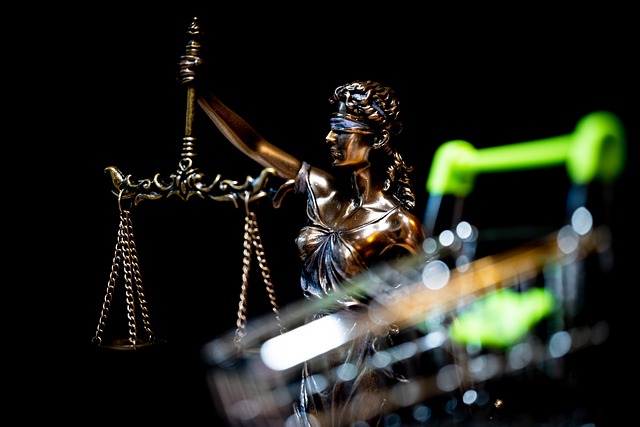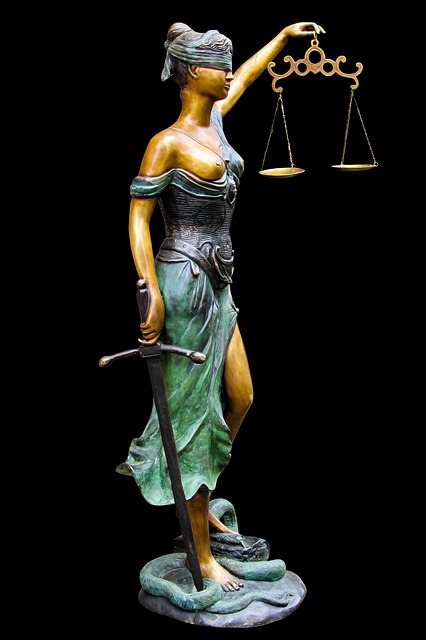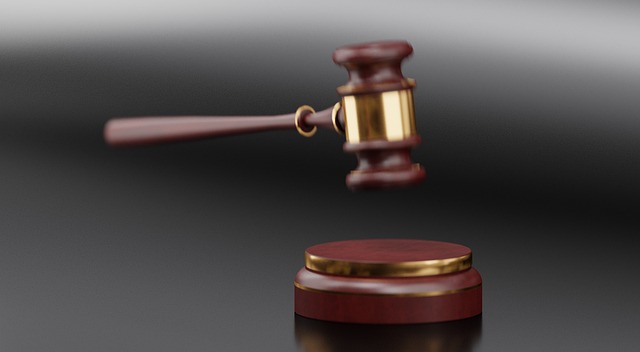After a pedestrian accident, understanding your rights and assessing fair compensation is crucial. A personal injury attorney can help navigate settlements, negotiate with insurers, or file lawsuits for just recompense based on medical bills, lost wages, pain & suffering, and more. If the initial offer seems unfair, scrutinize terms, consult specialists for hidden factors like caregiver abuse, and take proactive steps to secure a higher pedestrian accident settlement.
A pedestrian accident can lead to significant physical and financial consequences. If your settlement offers a low compensation, it’s crucial to understand your rights and take action. This article guides you through the process, starting with recognizing your settlement rights in such incidents. We’ll help you evaluate whether the offered compensation is adequate and outline steps to pursue further redemption if needed. By understanding these aspects, you can ensure justice and fair compensation for your pedestrian accident.
- Understanding Your Pedestrian Accident Settlement Rights
- Evaluating the Adequacy of Your Compensation
- Taking Action: Steps to Pursue Further Redemption
Understanding Your Pedestrian Accident Settlement Rights

After a pedestrian accident, understanding your settlement rights is crucial. In many cases, individuals who have been injured while walking may be entitled to compensation for their medical bills, lost wages, and pain and suffering. This is typically achieved through personal injury litigation or negotiations with insurance companies. However, it’s important to know that settlement amounts can vary greatly depending on factors such as the severity of injuries, negligence demonstrated, and applicable laws.
While a low pedestrian accident settlement might seem unfair, there are legitimate reasons for this. An attorney can help you determine if the offer is a breach of contract or if there was caregiver abuse involved during the claims process. In extreme cases, if the insurance company’s conduct amounts to wrongful death, the victim’s family may have legal options to pursue for a higher settlement. Knowing your rights and seeking professional advice is essential in navigating these complex situations.
Evaluating the Adequacy of Your Compensation

After receiving your pedestrian accident settlement, it’s crucial to evaluate whether the compensation is adequate for your injuries and losses. Start by understanding all the aspects covered in the settlement. This includes medical expenses, any lost wages or earning capacity due to injuries, and pain and suffering. A personal injury attorney can help you assess if these elements are fairly represented in the settlement amount.
If you believe the pedestrian accident settlement is low given the extent of your injuries and associated losses—including potential defective products liability claims or property damage claims—don’t hesitate to seek legal counsel. An experienced personal injury attorney can guide you through appeals processes, negotiate with insurance companies, or even file a lawsuit if necessary to secure the compensation you deserve.
Taking Action: Steps to Pursue Further Redemption

If your pedestrian accident settlement is lower than expected, don’t despair; there are steps you can take to pursue further redress. The first step is to thoroughly review the terms and conditions of your initial settlement, paying close attention to any clauses that might limit your rights or allow for reconsideration under certain circumstances. Consulting with a truck accident attorney experienced in handling pedestrian accidents can provide valuable insights into potential avenues for appeal or renegotiation.
They may help you build a stronger case by gathering additional evidence, such as medical records detailing the extent of your injuries and any lost wages or future care expenses not initially accounted for. Moreover, if there were factors like nursing home abuse contributing to the accident (e.g., a caregiver’s negligence leading to a pedestrian’s vulnerability), these can be leveraged to strengthen your claim. Don’t let an unfavorable settlement stand; take action to ensure you receive fair compensation for your injuries and losses.
If you’ve received a low pedestrian accident settlement, don’t despair. Understanding your rights and taking proactive steps can help secure the compensation you deserve. By evaluating the adequacy of your current settlement and pursuing further action, such as consulting with an attorney or appealing the decision, you can navigate the process effectively and potentially achieve a more substantial outcome. Remember, knowing your options and exercising your rights is crucial in ensuring justice after a pedestrian accident.






